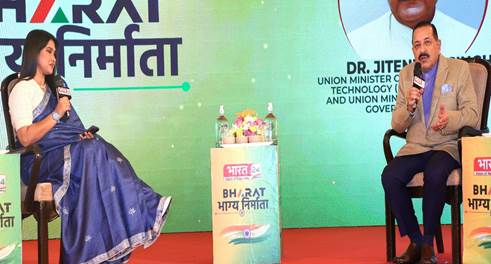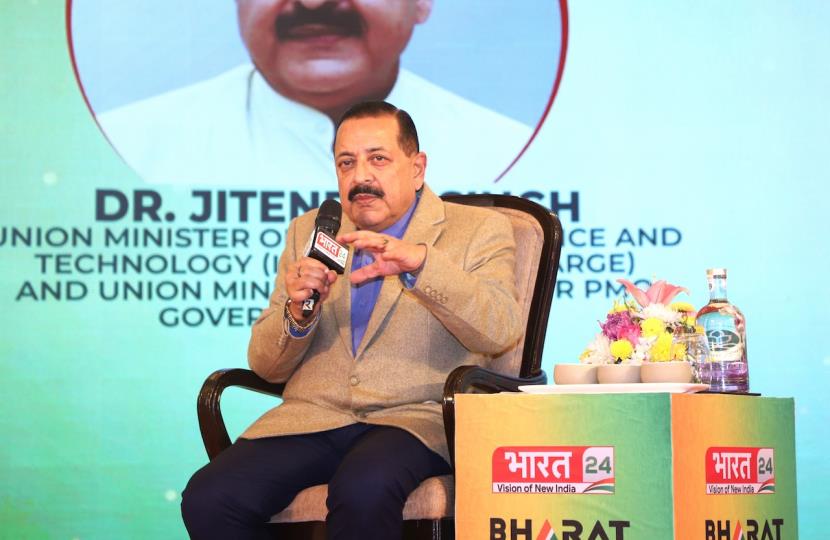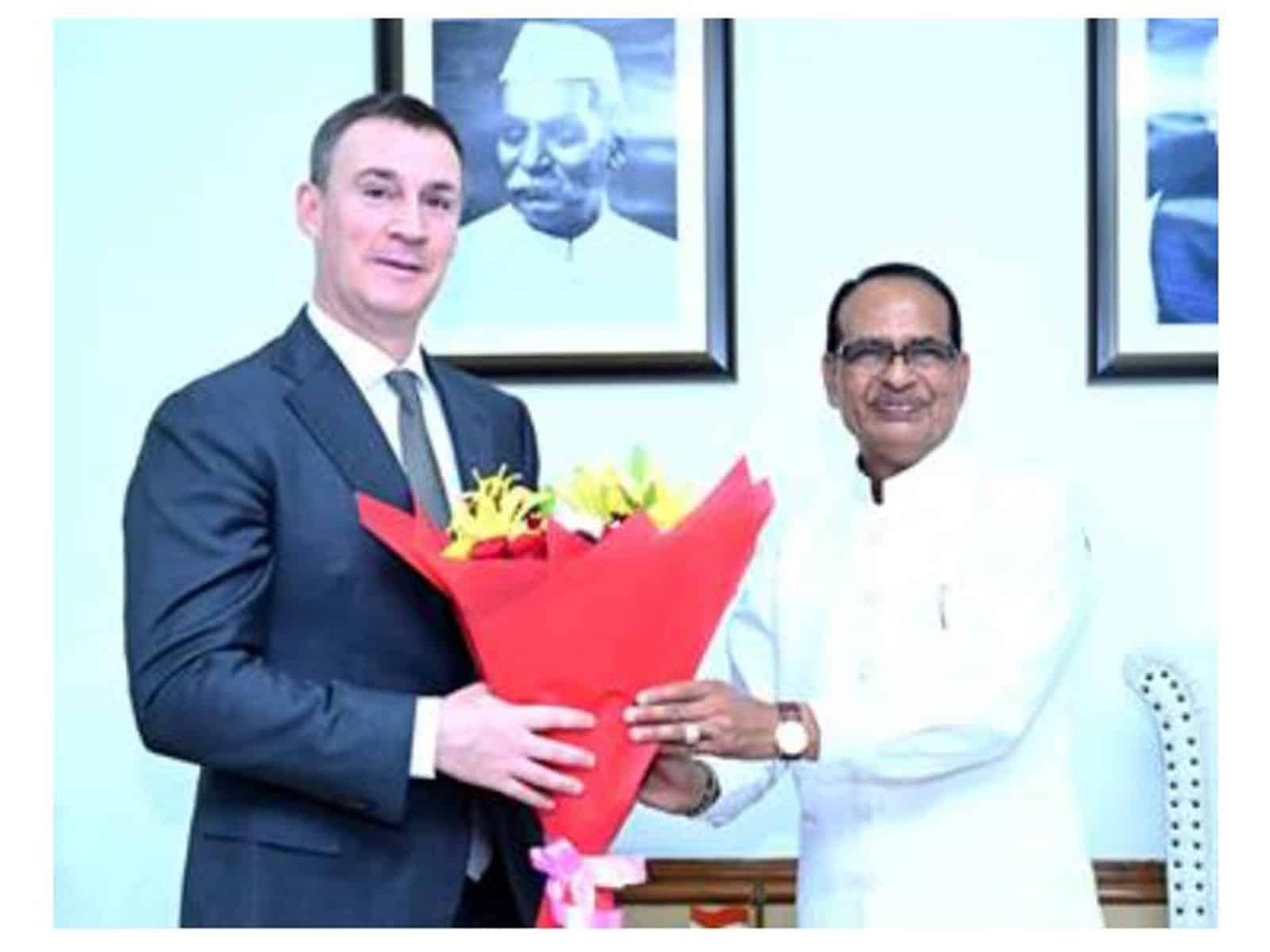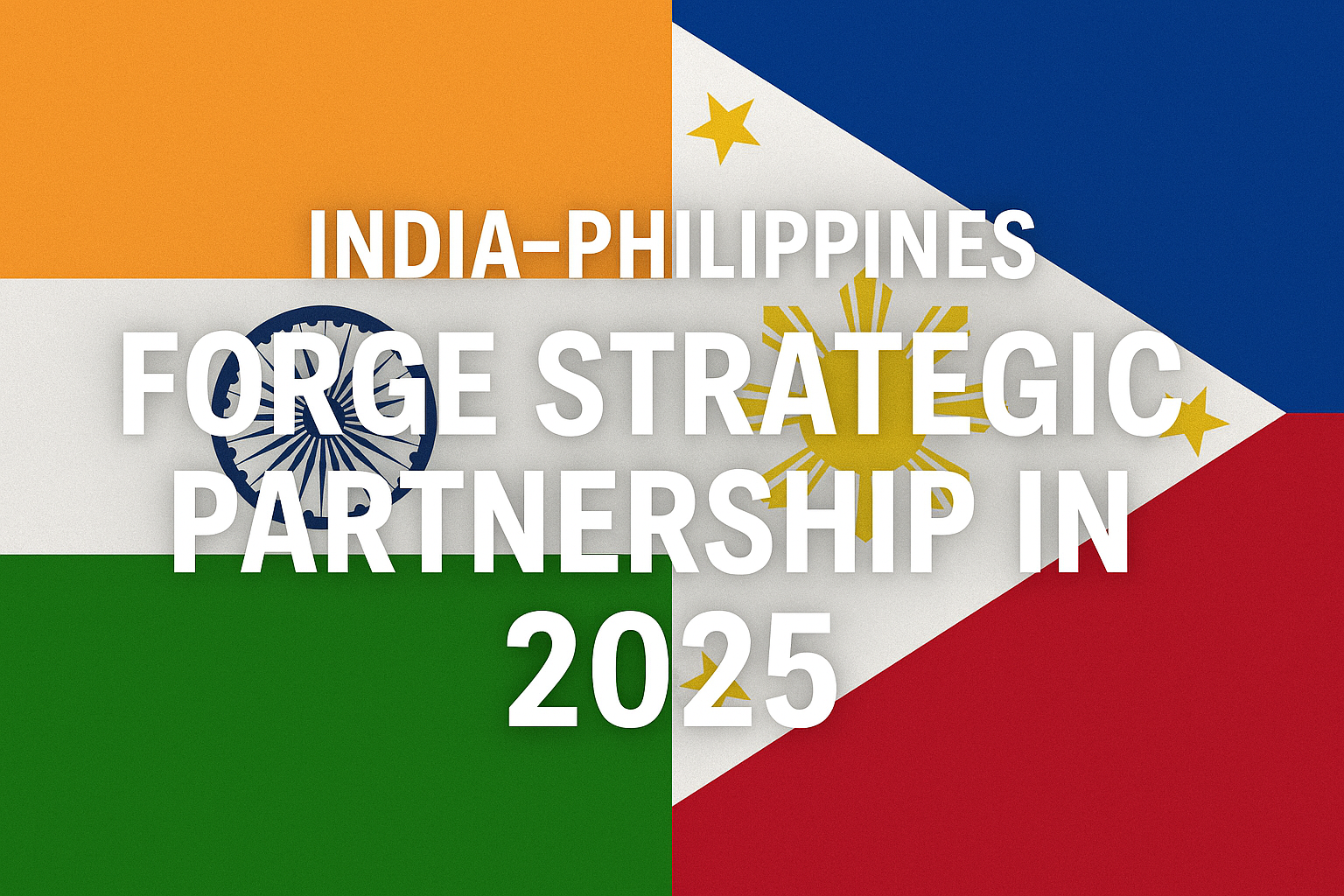On the eve of Good Governance Day, Union Minister Dr. Jitendra Singh outlined transformative governance reforms led by Prime Minister Narendra Modi. The day, commemorating the 100th birth anniversary of former Prime Minister Atal Bihari Vajpayee, served as an occasion to reflect on India’s strides toward transparency, efficiency, and citizen-centric governance.
 Dr. Singh revealed that the Modi government has scrapped nearly 2,000 obsolete rules that had become barriers to ease of doing business and timely decision-making. These efforts, he said, represent a shift from outdated governance practices to a more modern, responsive system.
Dr. Singh revealed that the Modi government has scrapped nearly 2,000 obsolete rules that had become barriers to ease of doing business and timely decision-making. These efforts, he said, represent a shift from outdated governance practices to a more modern, responsive system.
Transforming Governance Through Simplification and Trust
Dr. Singh highlighted key changes implemented since PM Modi’s tenure began in 2014. Among them was the abolition of the requirement for attestation by gazetted officers, replaced with self-attestation for documents. This reform, introduced within months of Modi’s leadership, symbolized the government’s trust in India’s youth.
Further simplifying governance, interviews for lower-level posts were abolished in 2016, ensuring transparency and merit-based recruitment. Pension reforms were also introduced, easing processes for senior citizens and making family pensions accessible to divorced daughters.
Cleanliness: A Governance Cornerstone
One of the most notable achievements was integrating cleanliness into governance. What began with building toilets under the Swachh Bharat Mission evolved into cleaning government offices and workplaces. Dr. Singh shared that over 643 lakh square feet of office space had been reclaimed by disposing of scrap material and outdated equipment, earning the exchequer ₹2,364 crore.
“Cleanliness has become a hallmark of governance, transforming government spaces into efficient and welcoming environments,” said Dr. Singh.
Visionary Leadership and National Integration
Dr. Singh credited PM Modi’s leadership for these transformative changes, describing him as a “visionary unifier.” Highlighting progress in the northeastern region, the Minister said Modi’s frequent visits, infrastructure development projects, and socio-economic initiatives have turned the region into a development model.
“Under Modi ji’s leadership, the Northeast now enjoys unparalleled connectivity, ensuring integration with the rest of the country,” he added.
A Legacy of Good Governance
Dr. Singh emphasized that these reforms are part of a broader vision to make India a global leader by simplifying processes, removing inefficiencies, and fostering trust. Good Governance Day serves as a reminder of these achievements and a call to continue building a transparent, efficient, and citizen-first government.
The event highlighted how visionary leadership and targeted reforms have redefined governance in India, setting the stage for further progress in the years ahead.




